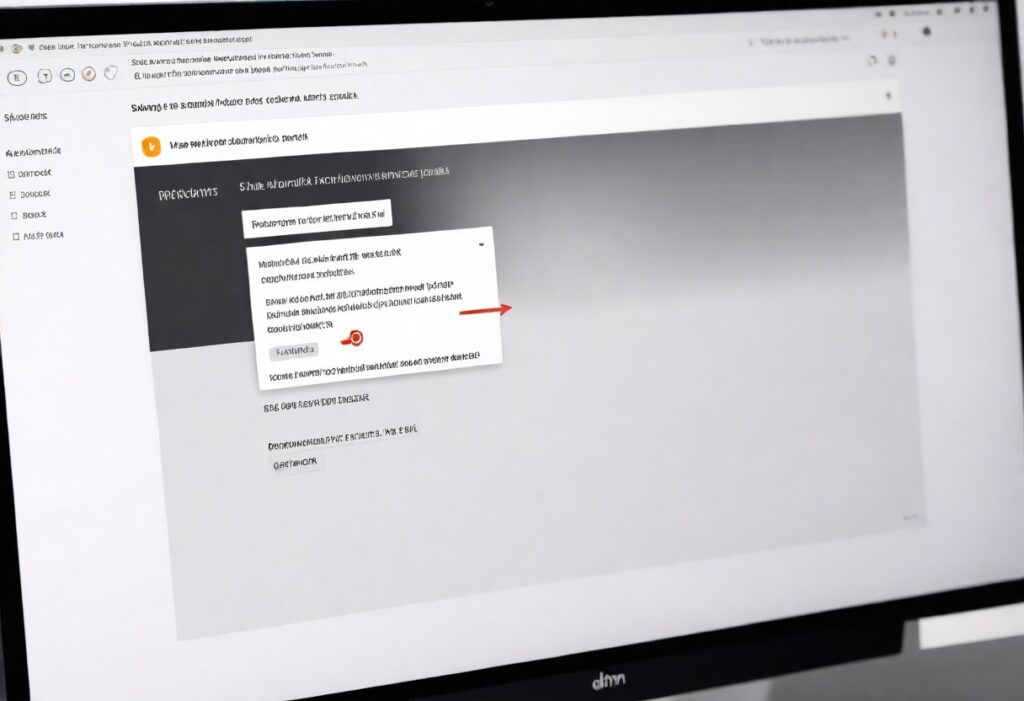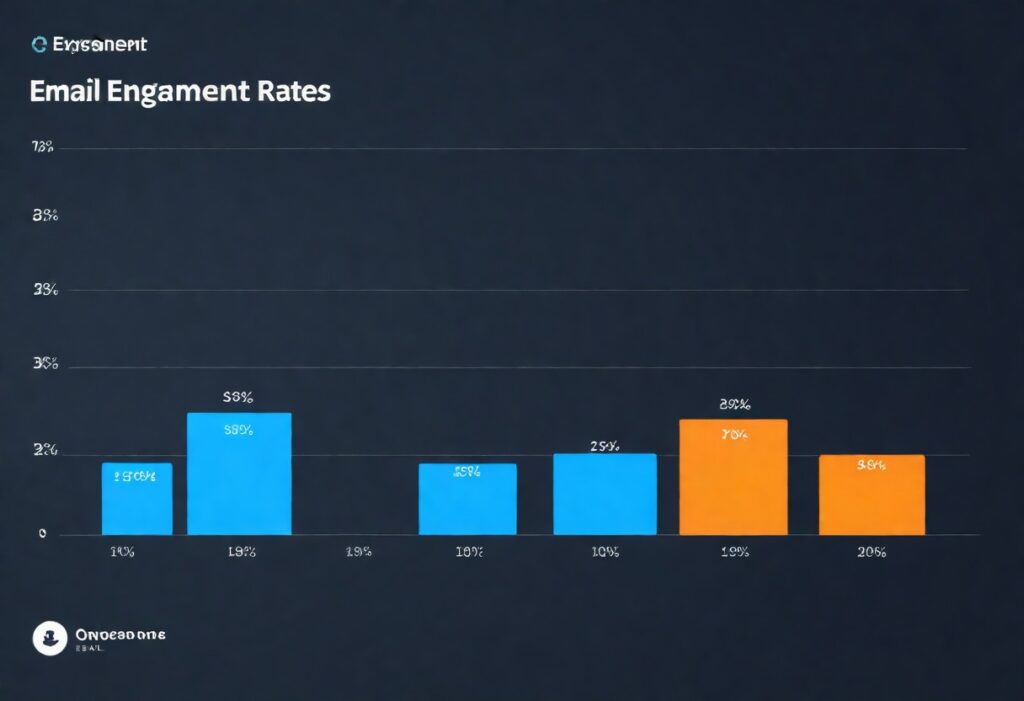Imagine your domain reputation as your online trustworthiness score. It affects how email providers view your business and how likely your emails will land in your customers’ inboxes, not their spam folder. A strong domain reputation is crucial to building trust with potential customers and achieving success online.
How Domain Reputation Impacts Your Business
A domain with good reputation ensures your emails reach their intended audience. It allows your business to connect with potential customers, share valuable content, and build relationships.
A strong domain reputation also boosts website credibility. When people see your emails in their inbox and your website ranking well in search results, they’re more likely to perceive your business as trustworthy and legitimate.

Building a Favorable Domain Reputation
Here’s how to establish a positive domain reputation for your small business:
Focus on Quality: Avoid spammy tactics like buying email lists or sending emails to uninterested recipients. Create valuable and engaging email content that people want to receive.
Use Professional Email Addresses: Ditch the free email addresses and use a professional address with your domain name. It projects a more credible image.
Implement Email Authentication: Tools like SPF (Sender Policy Framework) and DKIM (DomainKeys Identified Mail) verify your emails and prevent them from being marked as spam. SPF confirms your emails originate from authorized servers, while DKIM adds a digital signature to prove authenticity. Setting up these tools reduces email spoofing (fake emails pretending to be from you) and strengthens your domain reputation.
Monitor Email Performance: Track email open rates, click-through rates, and bounce rates. This information helps you identify areas for improvement and tailor your email strategy for better results. Keeping your email lists clean and up-to-date with active subscribers reduces spam complaints and protects your domain from being black-listed (blocked by email providers).
Tools to Check and Improve Domain Reputation
Several tools can help you monitor and improve your domain reputation. Some popular options include Google Postmaster Tools, Talos Intelligence, Barracuda, SenderScore, and MxToolBox. These tools provide insights into how email service providers view your domain. They can identify issues like black-listing or high spam complaint rates, allowing you to take corrective actions quickly.
By incorporating SPF and DKIM into your email setup and utilizing these monitoring tools, you can ensure your emails are verified and less likely to be flagged as spam. It further reinforces your domain reputation and strengthens your online presence.

Benefits of a Strong Domain Reputation
For small businesses, a strong domain reputation can be a great advantage. When your emails consistently reach inboxes, customers are more likely to engage with your content, learn about your products or services, and eventually convert into sales.
Additionally, a trusted domain builds customer confidence in your brand and website, leading to more website traffic and business growth. Investing in and maintaining a healthy domain reputation is a worthwhile investment for any small business aiming to thrive online.
In conclusion, understanding and managing your domain reputation is crucial for online success. By following best practices, implementing SPF and DKIM, and leveraging monitoring tools, you can build a strong domain reputation that fosters customer trust and paves the way for your business to succeed.


